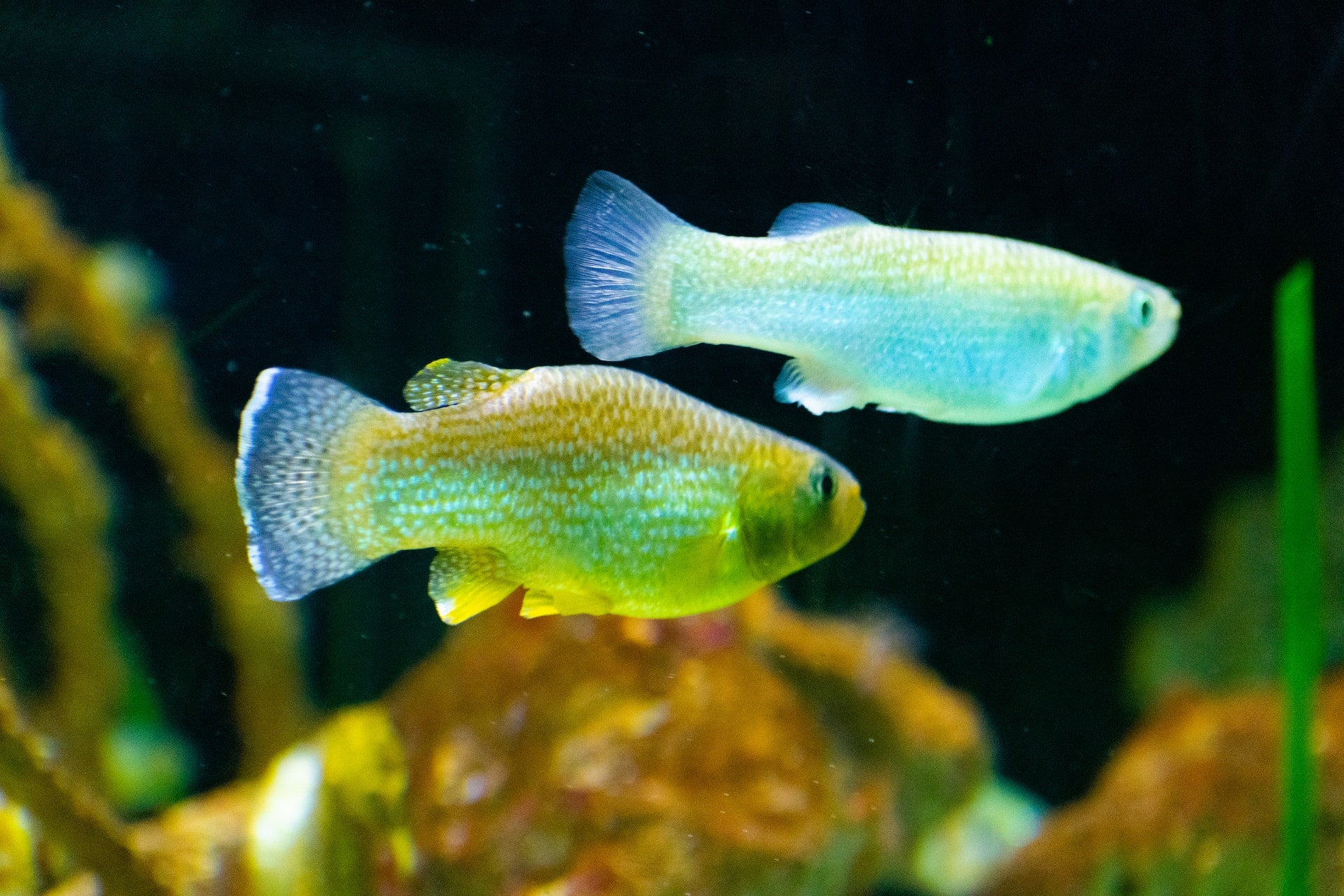Whether you're an amateur hobbyist or a seasoned aquarist, the sheer beauty and tranquillity of a marine aquarium are undeniably captivating. There's something incredibly magical about watching vibrant corals sway gently in the current, and vividly colored fish dart playfully among the rocks. But did you know that creating and maintaining this stunning underwater world requires careful planning, a keen understanding of marine life, and a good dose of patience?
In this guide, we'll not only provide detailed information on how to set up your marine aquarium, but also delve into the fascinating world of marine creatures - their habits, diets, and ideal living conditions. We'll equip you with the knowledge to maintain a healthy marine ecosystem that thrives and sparkles with life. From selecting the right equipment to understanding the importance of water chemistry, from choosing suitable marine species to learning about their care, this guide covers it all!
Laying the Foundations: Tank Size, Equipment, and Water Quality
Embarking on your marine aquarium journey begins with laying the essential foundations, such as tank size, equipment, and water quality to ensure a healthy and thriving saltwater environment:
- Tank Size: Consider the appropriate tank size for your marine aquarium based on your design preferences, available space, and the variety of marine life you wish to house. Larger tanks contribute to better water parameter stability and can accommodate more diverse marine inhabitants.
- Equipment Essentials: Invest in quality saltwater aquarium equipment, such as heaters, protein skimmers, filters, and lighting systems. The right equipment ensures that your aquarium maintains optimal living conditions for both your marine life and live corals.
- Water Quality and Parameters: Understanding and maintaining the appropriate water parameters, such as salinity, temperature, and pH, are crucial for overall marine aquarium success. Regular testing and monitoring of water parameters help ensure that your saltwater habitat provides the ideal conditions for your aquatic inhabitants to thrive.
Marine Aquarium Inhabitants: Selecting Fish, Invertebrates, and Corals
Building a harmonious and diverse marine community is integral to creating a thriving and visually captivating saltwater ecosystem:
- Choosing Marine Fish: Conduct thorough research into various marine fish species, considering their unique characteristics, care requirements, and compatibility within a saltwater aquarium community. Popular marine fish include angelfish, clownfish, and tangs, each with their unique vibrancy and fascinating behaviour.
- Selecting Invertebrates: Complement your aquarium's fish population by introducing invertebrates such as shrimp, crabs, and anemones. Invertebrates not only contribute to the aesthetics of your marine aquarium but also play vital ecological roles within the saltwater habitat.
- Constructing a Live Reef: Consider integrating live corals into your marine aquarium to create a stunning live reef environment. Popular coral choices include soft corals like mushroom corals or leather corals, and hard corals like acropora or montipora. Be mindful of each species' unique growth patterns, requirements, and light preferences.
Maintaining a Balanced Ecosystem: Caring for Marine Life and Live Corals
Consistent care and attention to your marine life and live corals are essential for crafting a balanced saltwater ecosystem:
- Feeding and Nutrition: Tailor your fish's diet to their unique preferences and nutritional requirements, opting for high-quality marine fish food and providing the necessary variety to maintain health, colours, and behaviour.
- Coral Care: Ensure that your live corals receive adequate lighting, optimal water flow, and appropriate nutrients to thrive. Like marine fish, different coral species have unique care requirements that must be addressed in order to flourish and grow.
- Health Monitoring: Regularly observe your marine inhabitants for signs of illness, stress, or injury. Prompt action in addressing any health concerns is critical for preserving the delicate ecological balance within your marine aquarium.
Ongoing Maintenance and Monitoring: Keys to Marine Aquarium Success
Diligent ongoing maintenance and monitoring practices help ensure the long-term health, vitality, and allure of your marine aquarium:
- Regular Maintenance: Conduct routine tasks, such as water changes, water parameter testing, filter cleaning, and debris removal to maintain cleanliness and water quality. Assess the performance of your equipment regularly and address any issues to avoid disruptions to your marine ecosystem.
- Algae Control: Manage potential algae growth by monitoring nutrient levels, employing suitable filtration methods, and introducing natural algae-eating inhabitants, such as certain fish or invertebrates. Balanced aquarium lighting also plays a significant role in algae control.
- Marine Aquarium Troubleshooting: Equip yourself with essential problem-solving techniques to handle issues such as nuisance algae, marine fish diseases, or coral bleaching. Knowledgeable intervention increases your aquarium's resilience and longevity.
Creating a Natural Habitat: The Art of Aquascaping in Marine Aquariums
Venturing into the fascinating world of marine aquariums unlocks a mesmerising underwater treasure trove, revealing the exquisite beauty and captivating behaviour of nature's most enigmatic marine creatures.
With careful planning, the wide range of aquarium marine products from Perfect Aquatics, and a passionate commitment to excellence, your marine aquarium will stand as a living testament to the awe-inspiring majesty and harmony that define the depths of the world's most enchanting oceanic realms.
Let Perfect Aquatics guide you on your journey to becoming a saltwater aquarist, providing steadfast support, expert advice, and an unparalleled range of quality marine aquarium products sure to elevate and transform your aquatic experiences.

